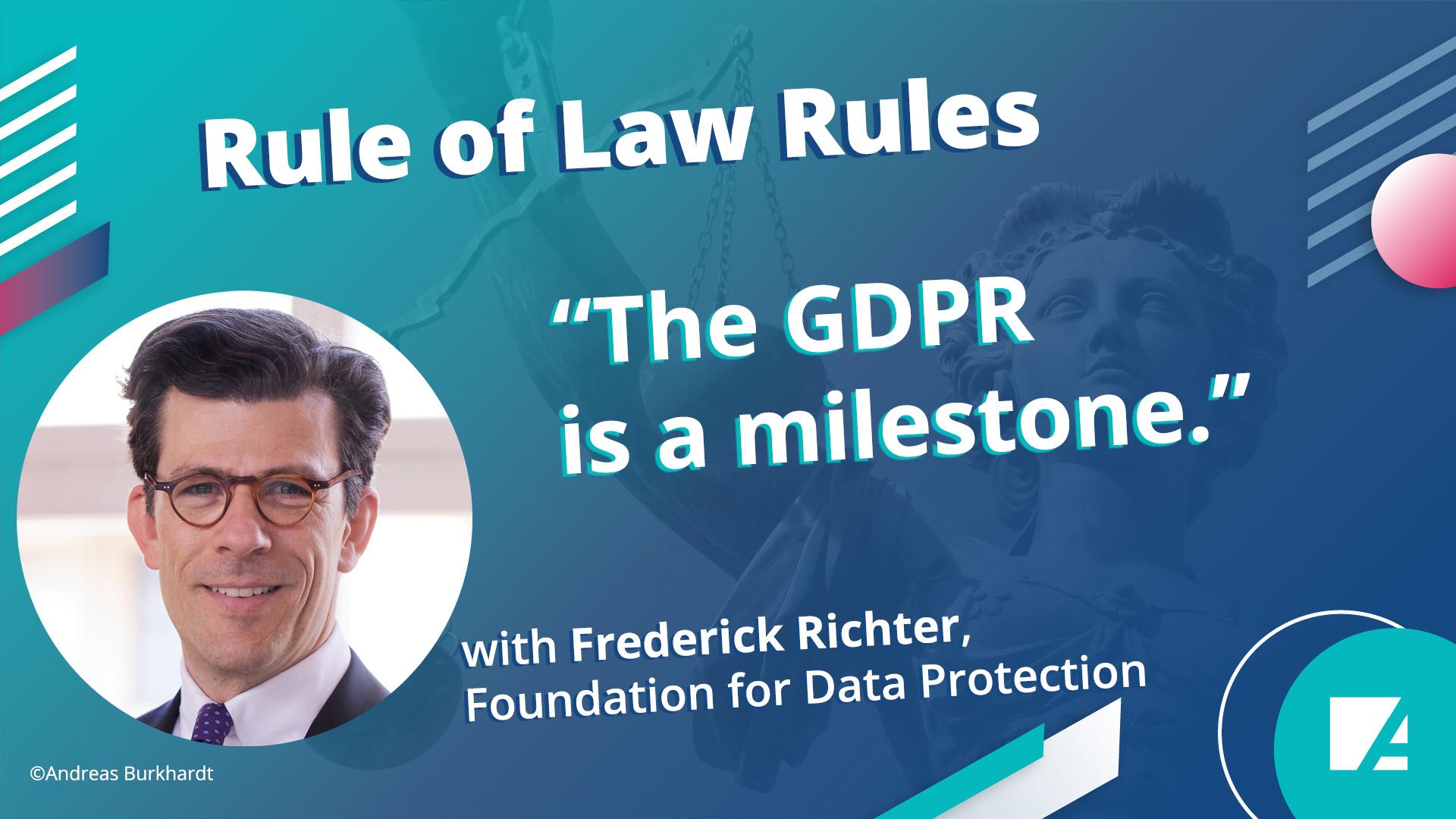Constitutional Jurisdiction in Germany - Rule of Law Programme Middle East and North Africa
The Federal Constitutional Court has assumed its role as a true “guardian of the constitution”, not only but especially in regard to the protection of fundamental rights, and is therefore much respected by the German people. The Court was very successful at striking a fair balance between individual rights and the interests of society as a whole. As a result, the Federal Constitutional Court is a cornerstone of Germany’s modern democracy.
At the core of the Rule of Law Programme for the Middle East / North Africa is the aim of providing a platform for communication on expertise and experience between judicial actors from the region and their German and European counterparts. A central element of the rule of law is an operative constitution that is enforced by an independent Constitutional Court institution. Therefore, as a central step to the facilitation of this exchange, a selection of some key decisions of the German Federal Constitutional Court has been translated into Arabic in order to make it accessible to judges, lawyers, and scholars who do not speak German.
The collection focuses on decisions pertaining to fundamental rights, which constitute an essential field of Constitutional Court jurisprudence and delineate the sphere of an individual to society and state. It comprises decisions on the following topics (non-exhaustive enumeration):
Human Dignity;
Free Development of Personality;
Non-Discrimination;
Freedom of Faith;
Freedom of Expression;
Right to vote;
Freedom of Assembly;
Protection of Property;
Inviolability of the House.






